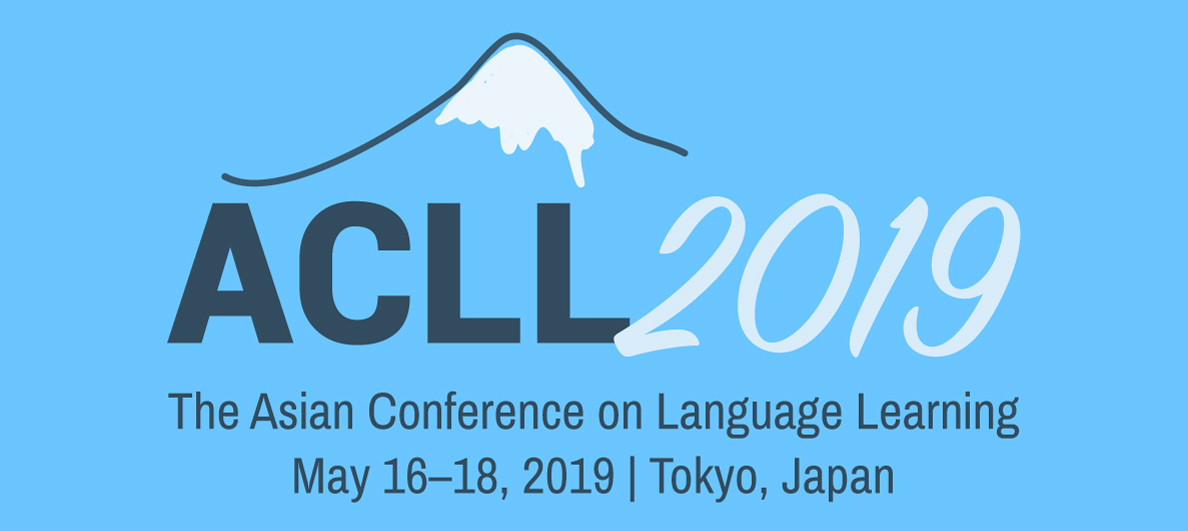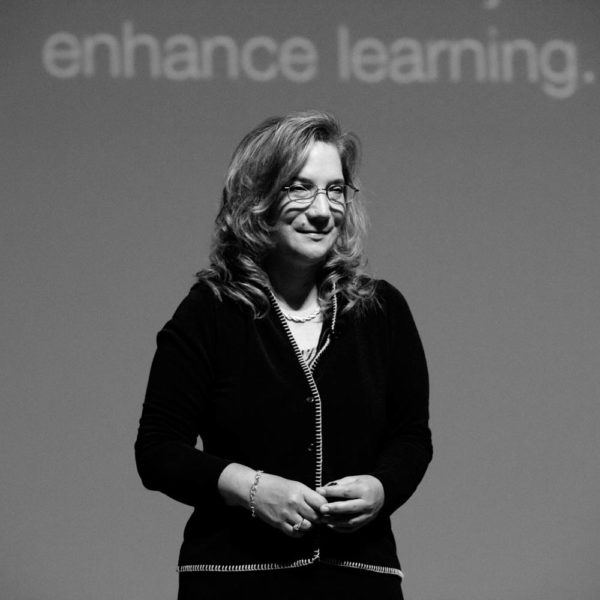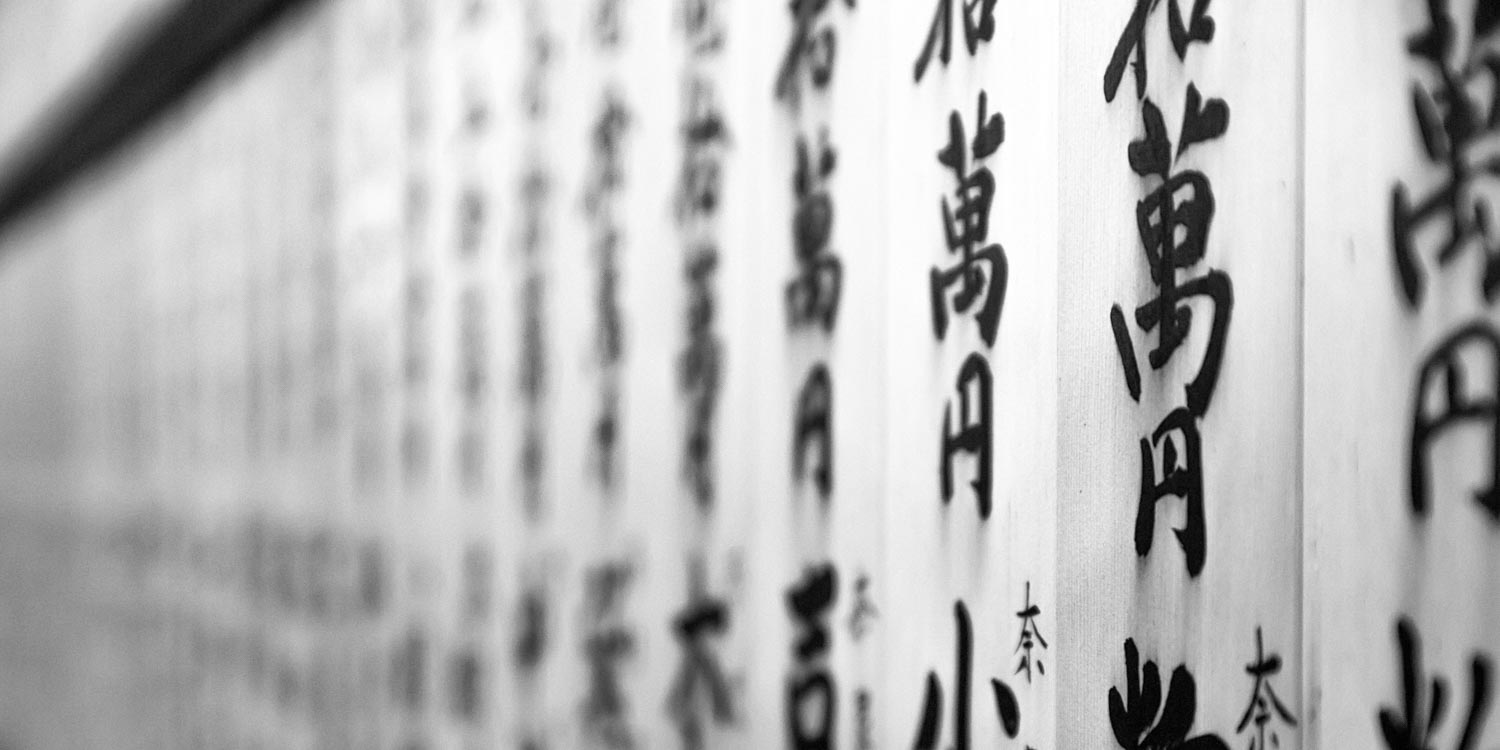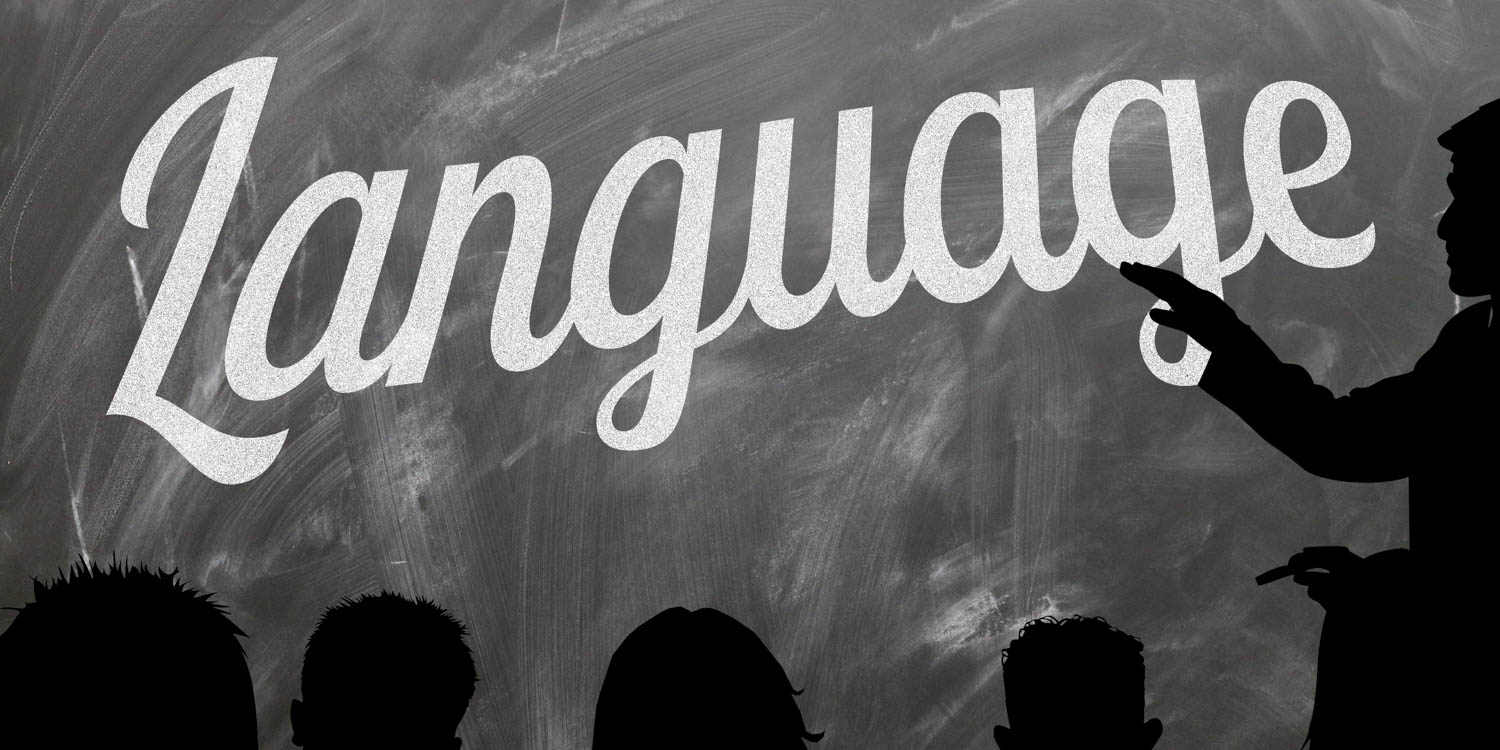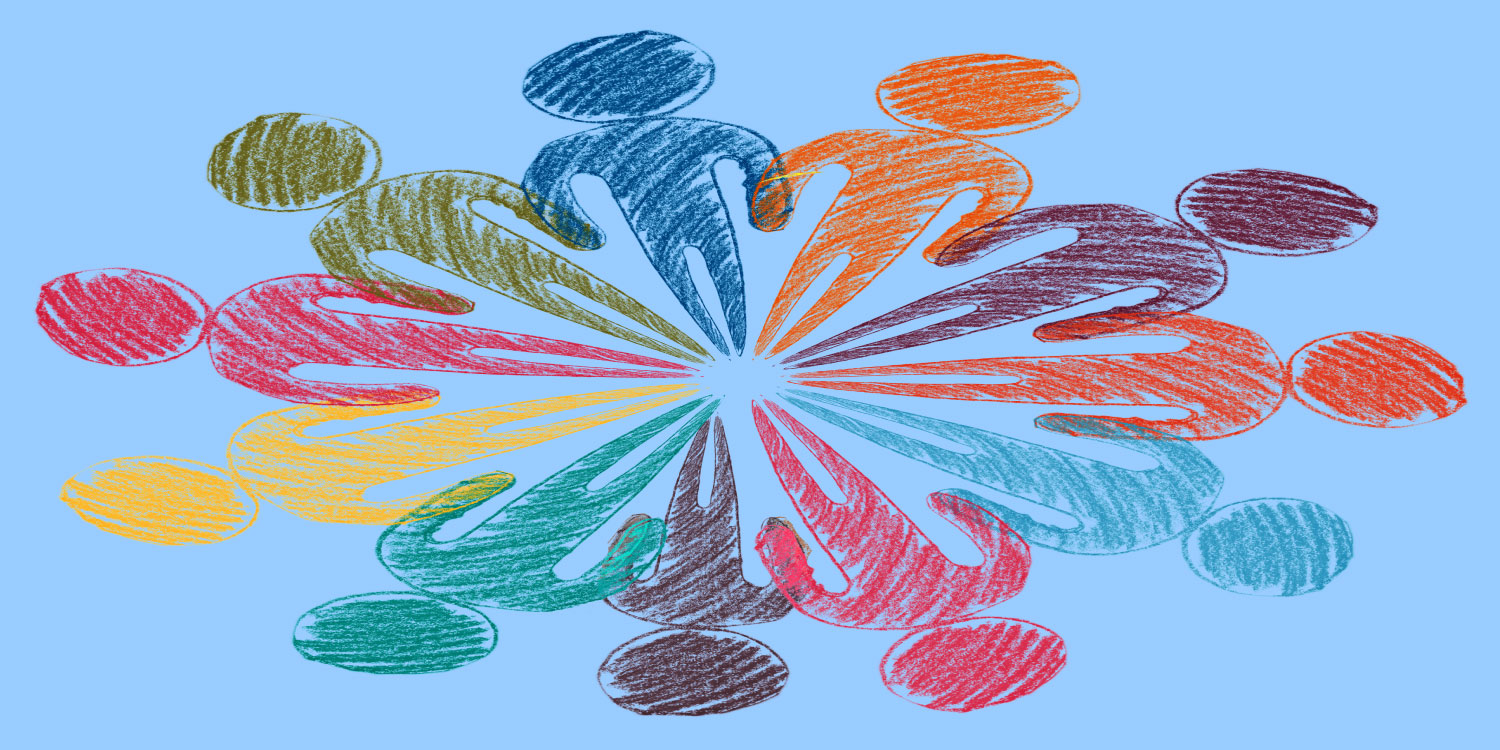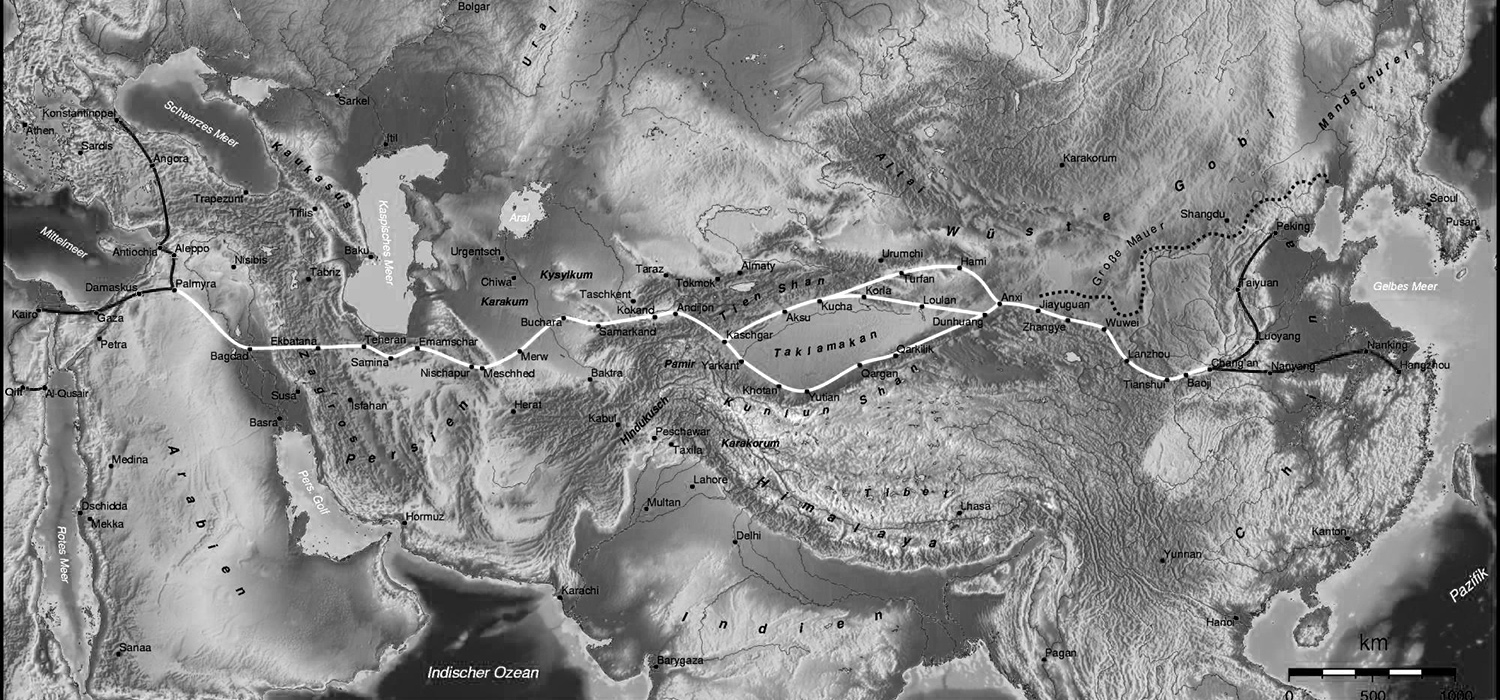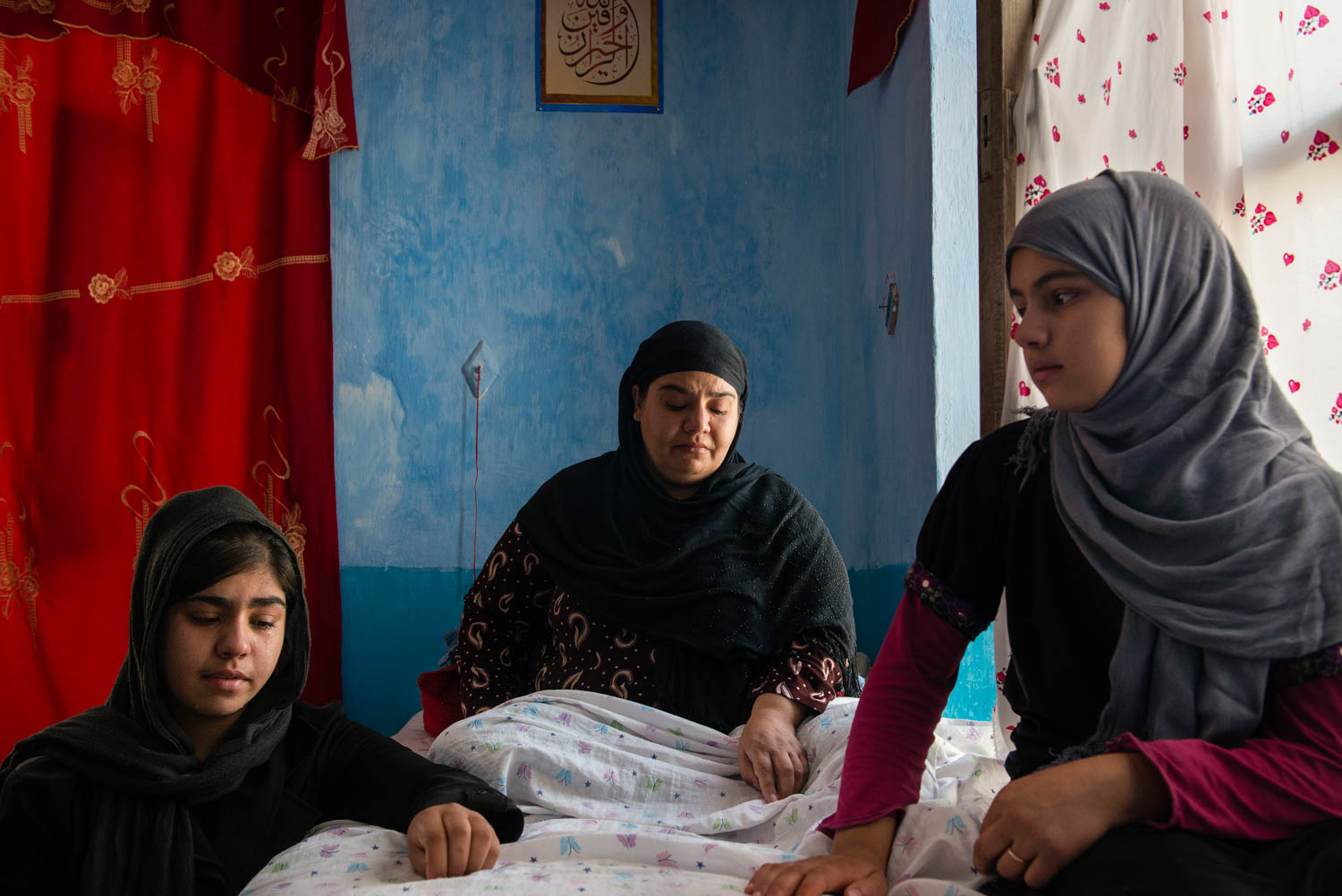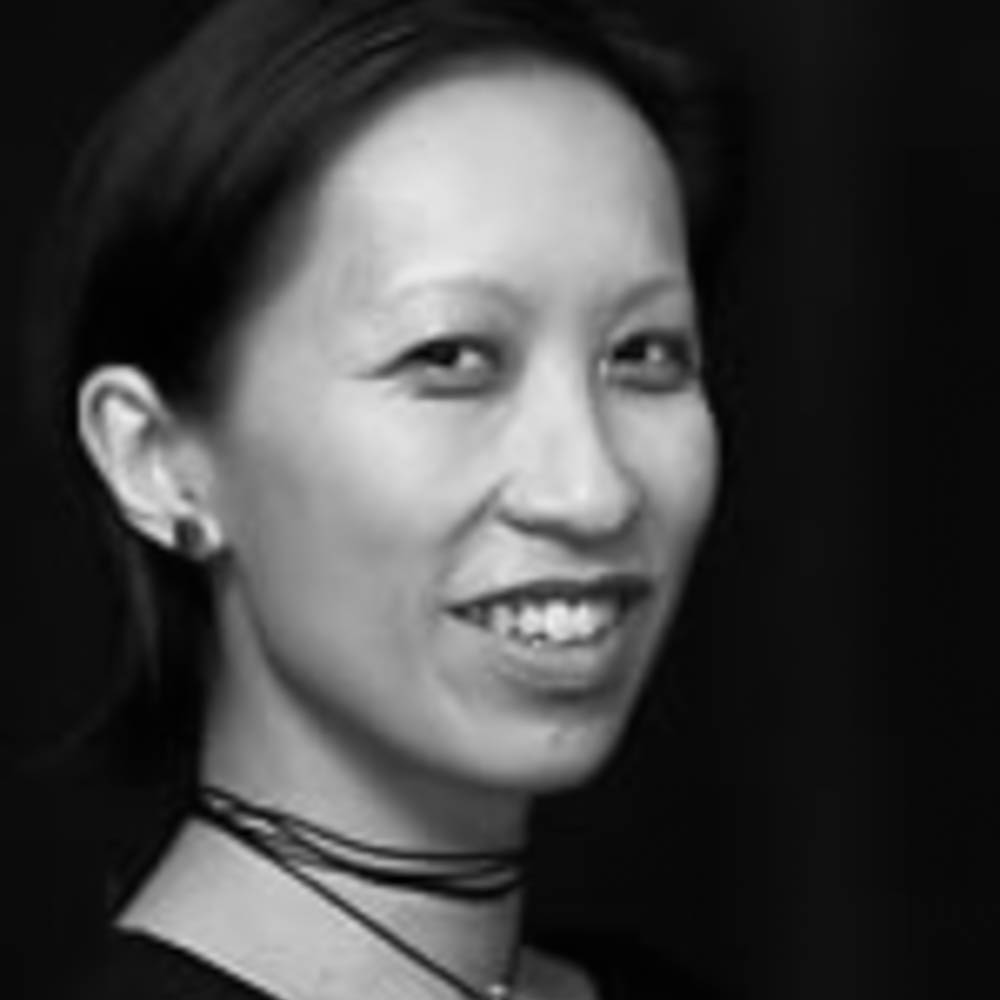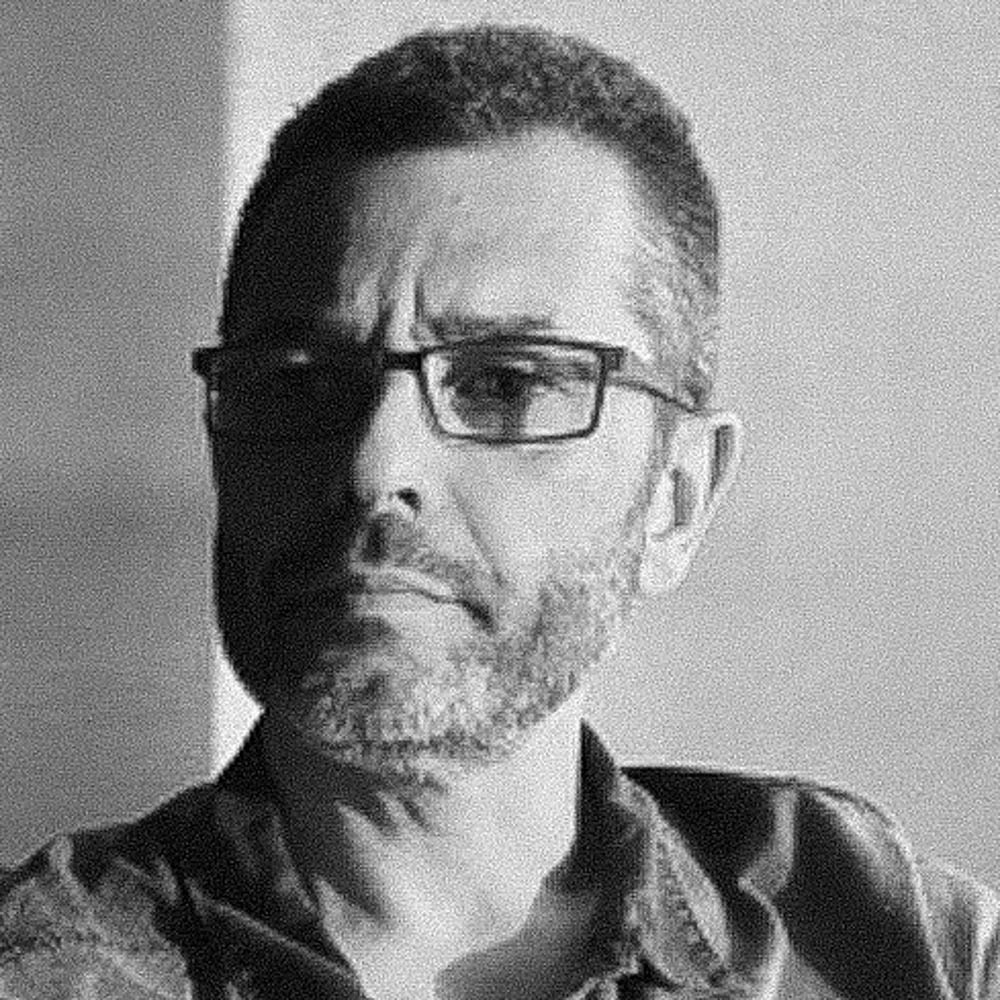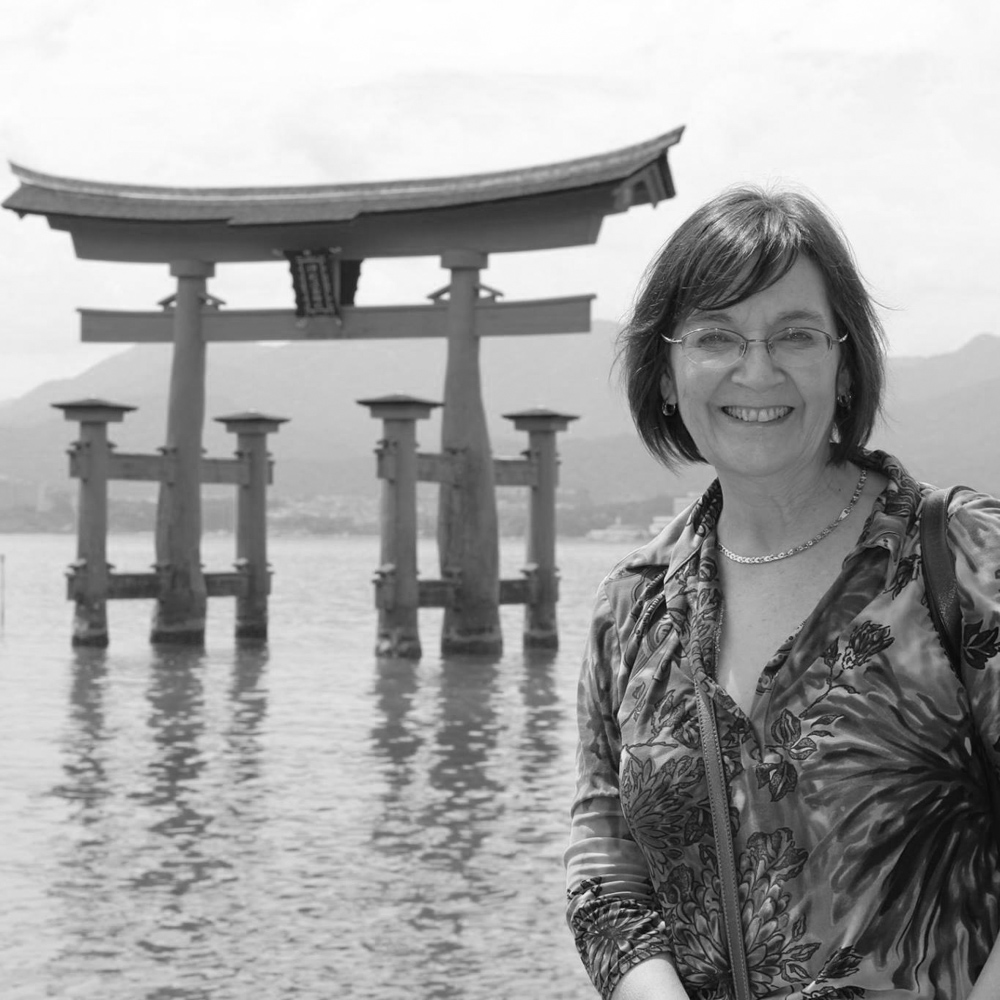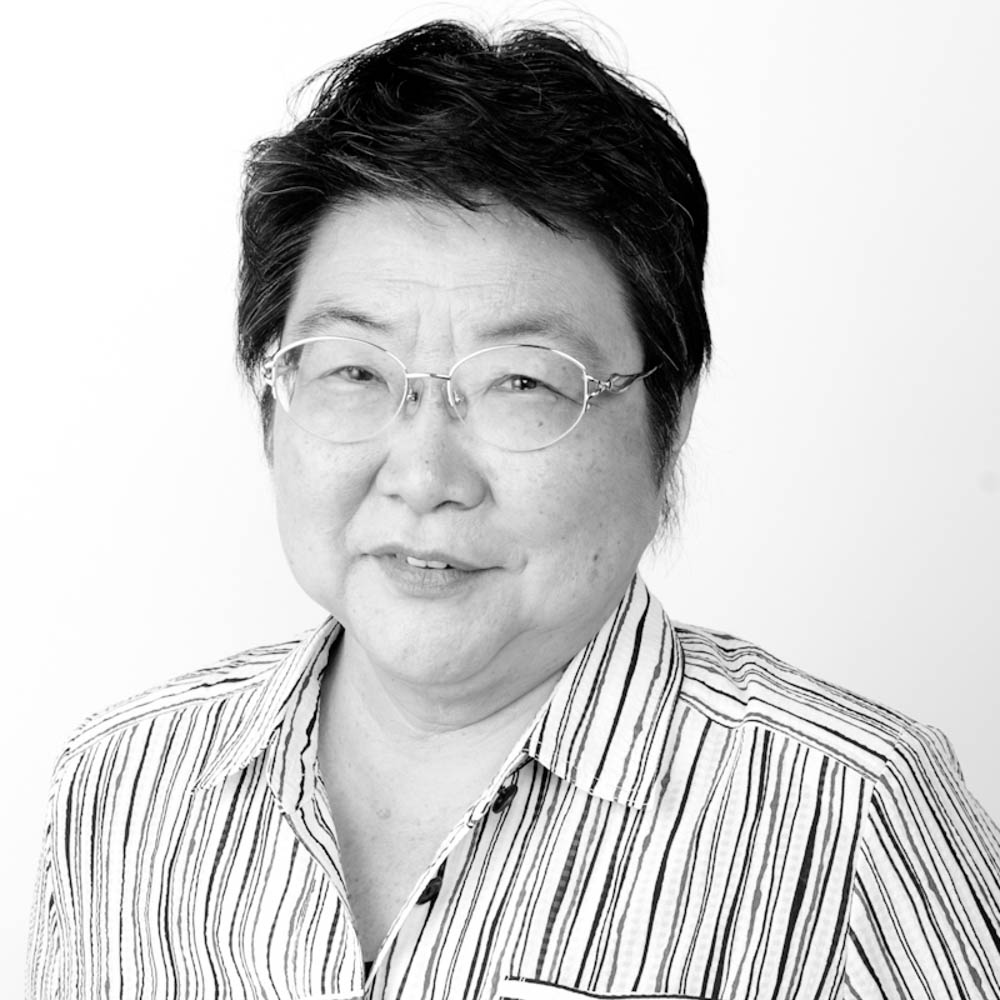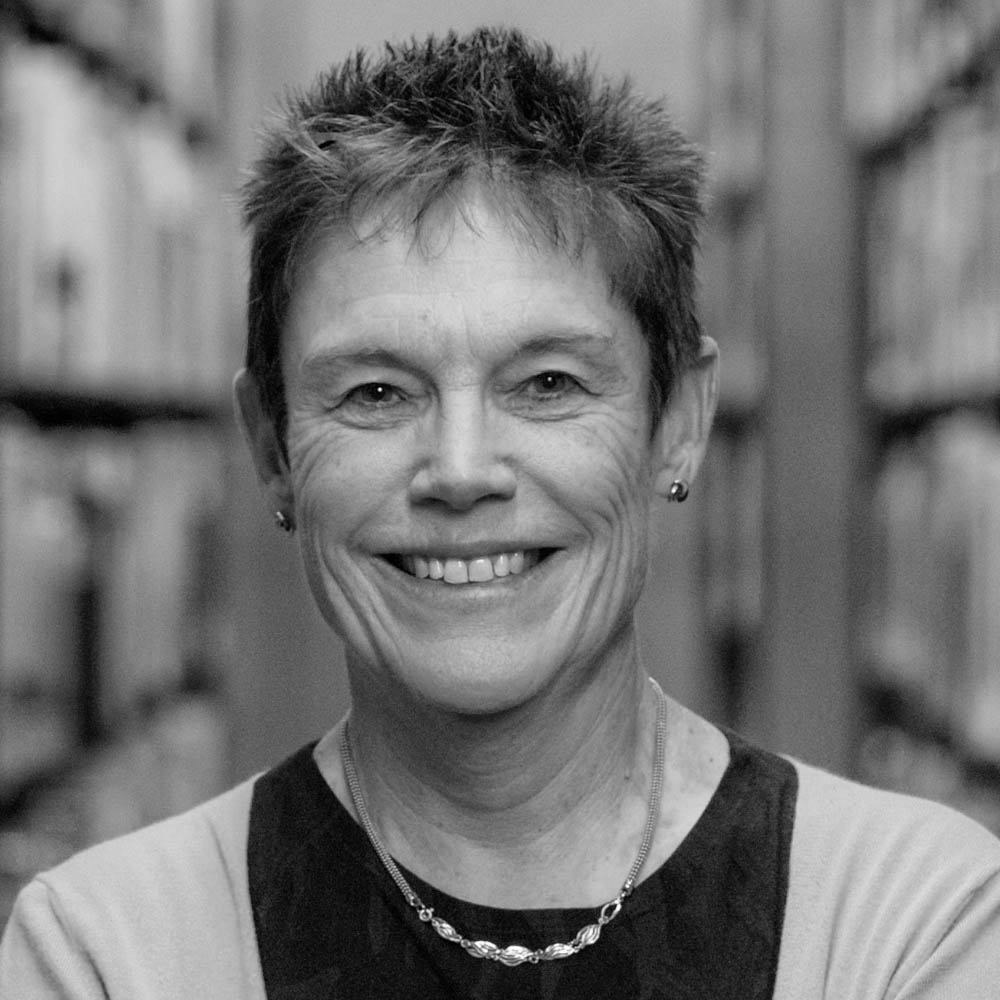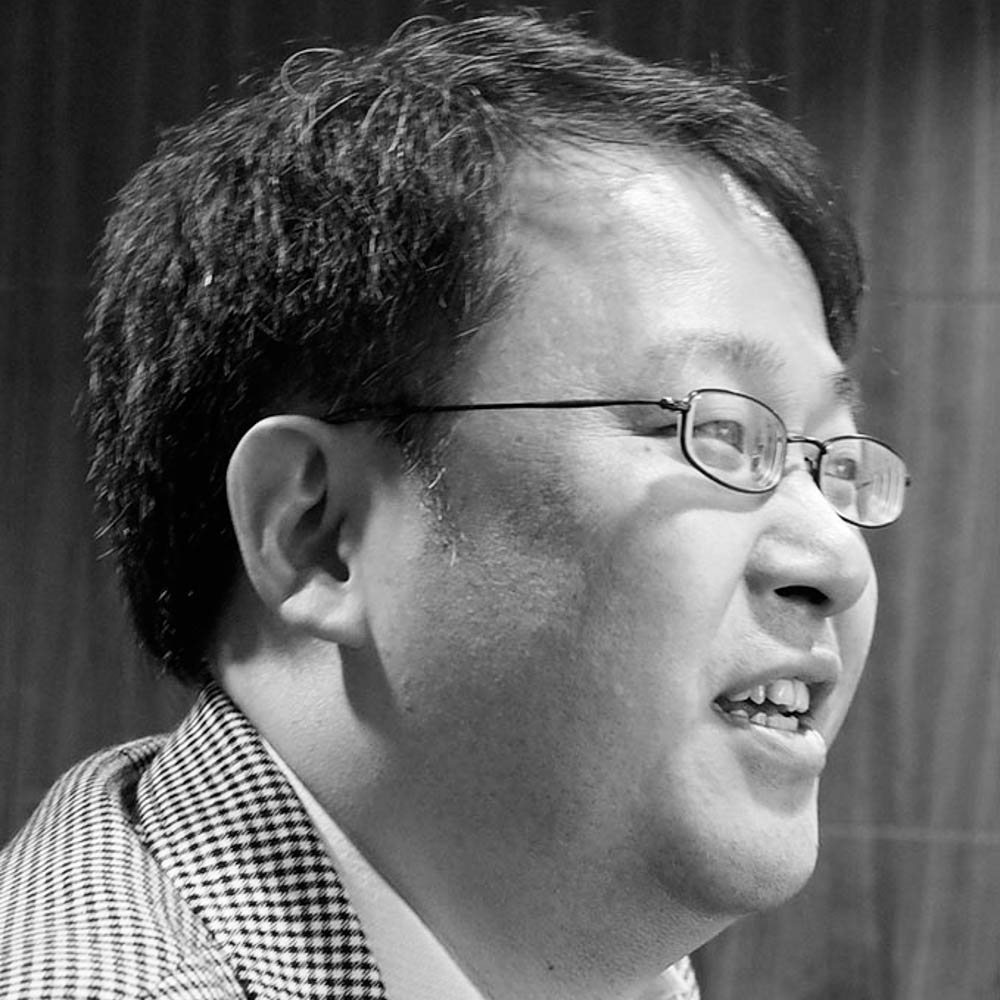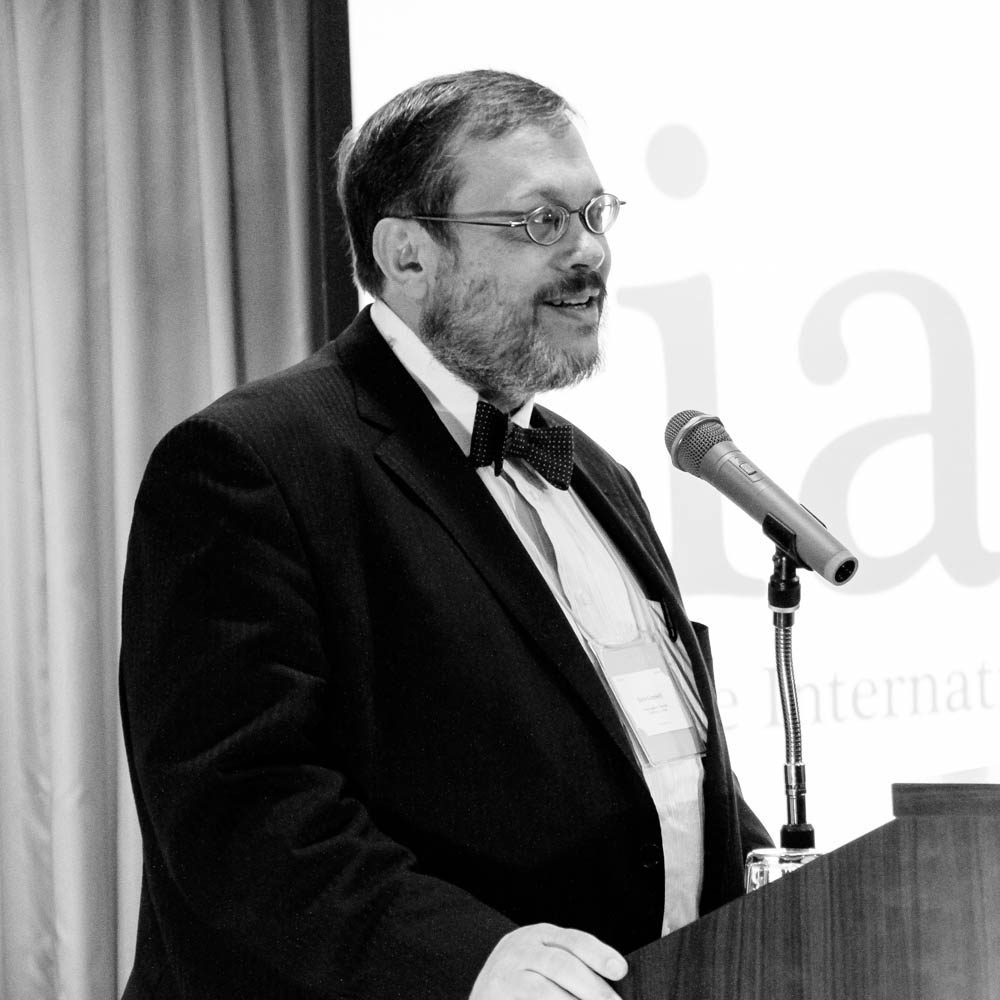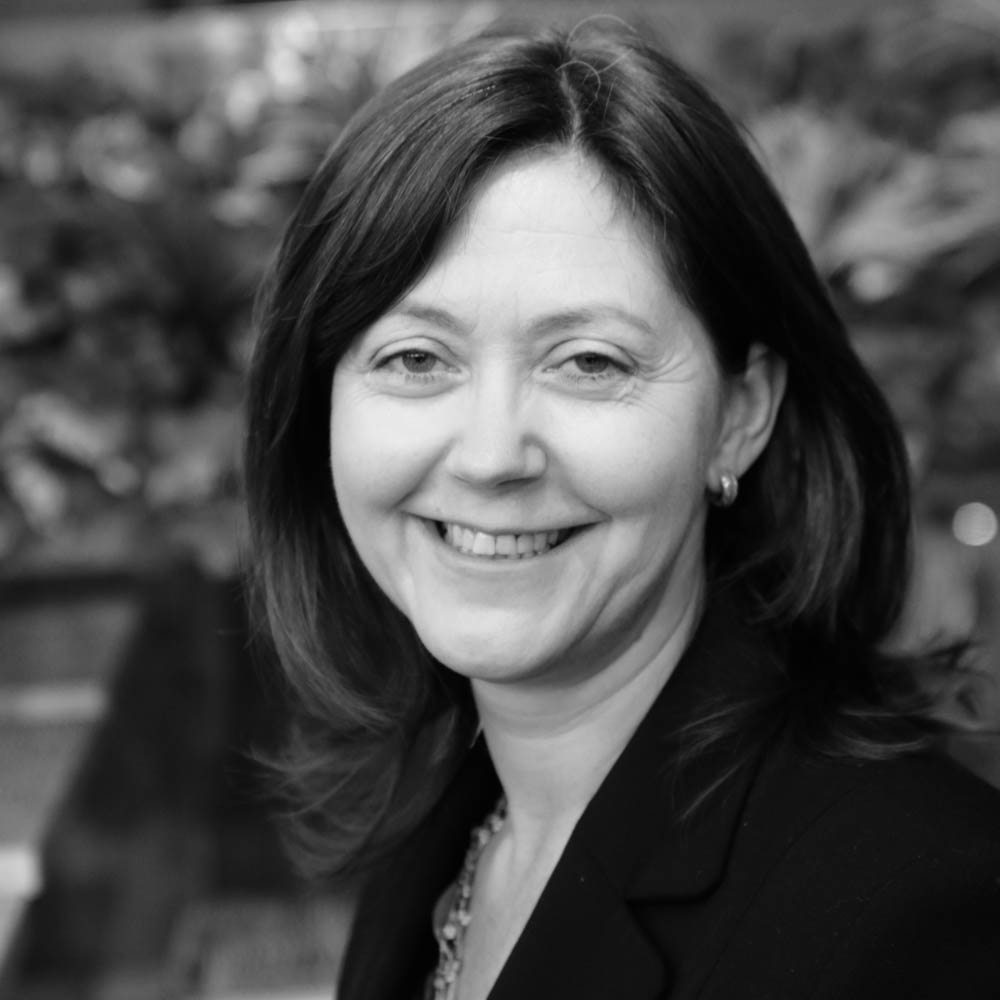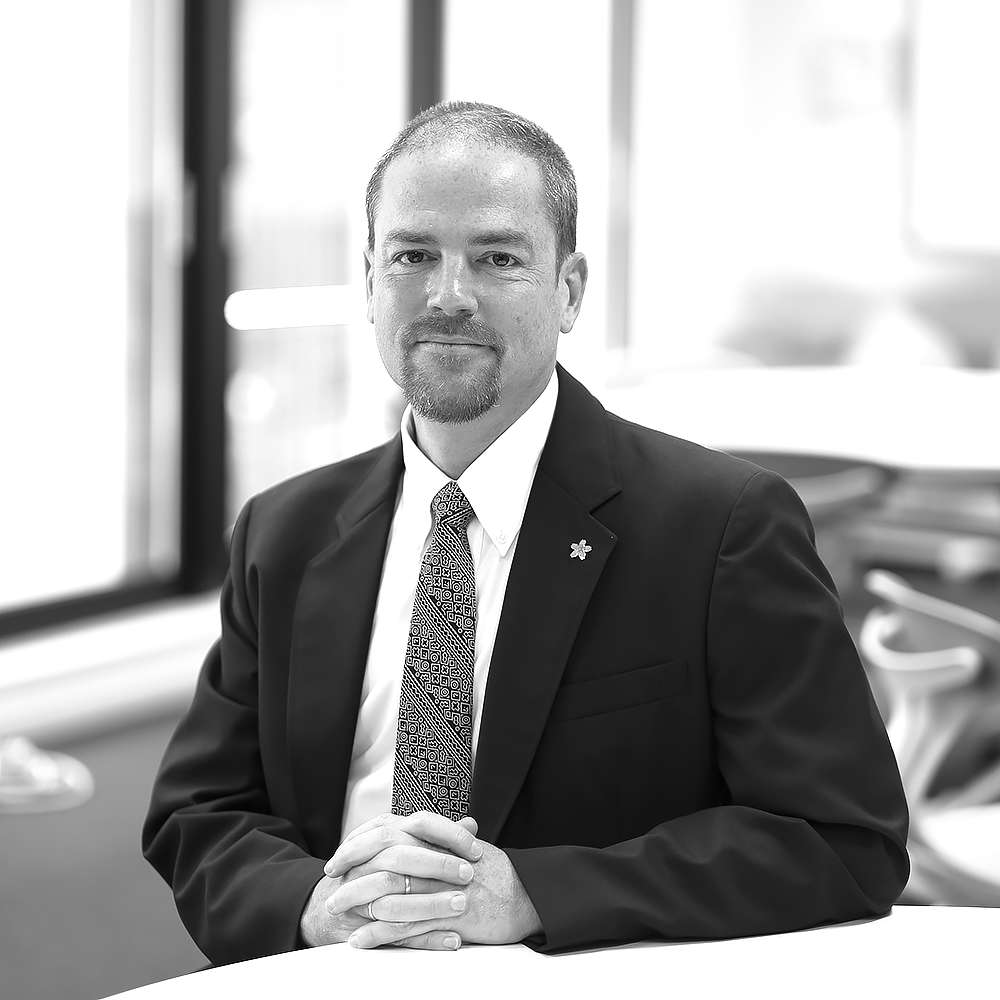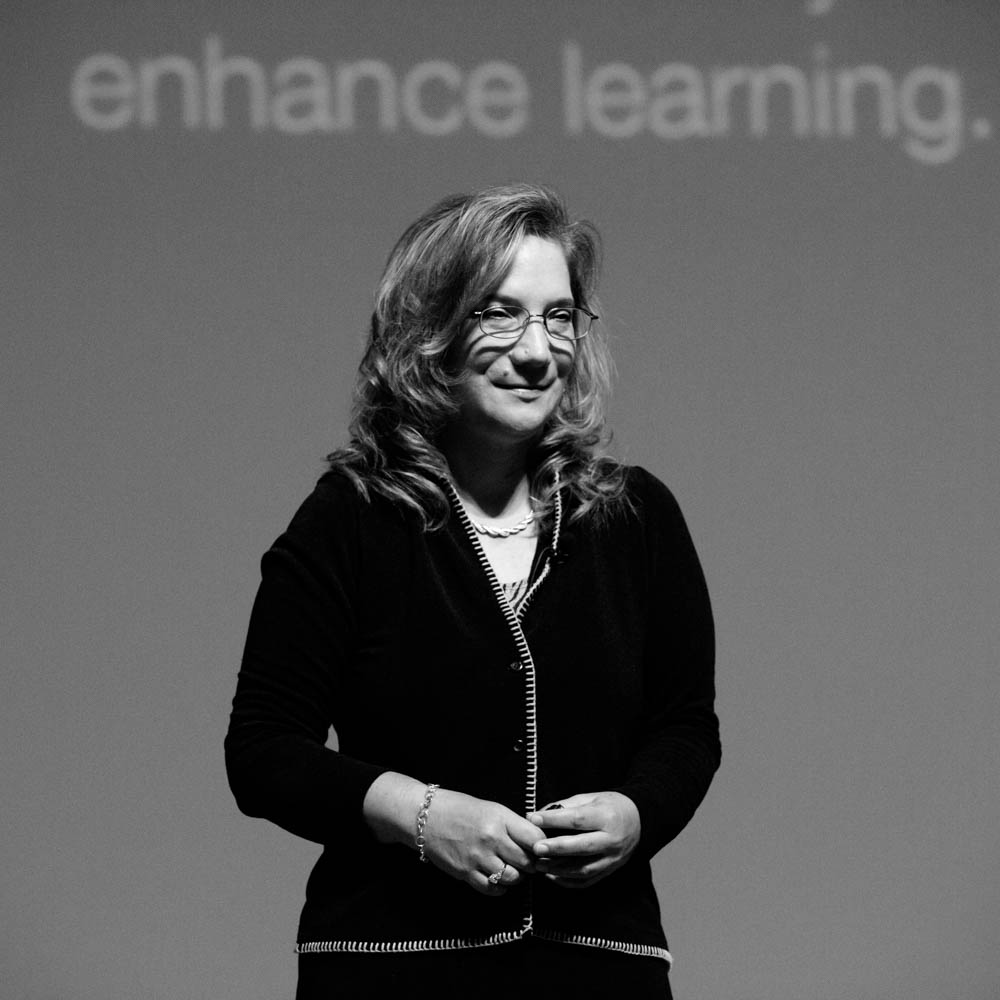"Surviving and Thriving: Education in Times of Change"
April 27–29, 2018 | Art Center Kobe, Kobe, Japan
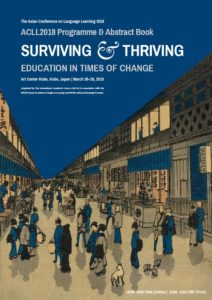 In 2017, IAFOR education conferences in Asia, Europe, the Middle East and North America have brought together delegates from around the world to consider the theme of “Educating for Change” from a variety of different perspectives and approaches, taking full advantage of the international make-up of the attendees and the huge diversity of experiences. A recurring theme throughout the conferences was the reference to the future, be it immediate or longer term, as being uncertain; the natural resilience and optimism was counterbalanced by apprehension; with hope also came fear.
In 2017, IAFOR education conferences in Asia, Europe, the Middle East and North America have brought together delegates from around the world to consider the theme of “Educating for Change” from a variety of different perspectives and approaches, taking full advantage of the international make-up of the attendees and the huge diversity of experiences. A recurring theme throughout the conferences was the reference to the future, be it immediate or longer term, as being uncertain; the natural resilience and optimism was counterbalanced by apprehension; with hope also came fear.
In this period of great global political and economic instability, rising inequality and social unrest, the role of education within society has never been more important, but never more vulnerable. This brings us to our conference theme for 2018, which references these inherent vulnerabilities in both educational systems and the individual students and teachers, as well as the necessary resilience needed to not only survive, but also thrive.
How do we teachers, administrators and policymakers adopt and adapt to change outside our control? How do we nurture and encourage positive change, through the excitement of the imagination, innovation and creativity? How can technologies be better used to help us teach, and to help students learn? How do we sustain and manage change? How can we react positively to negative change? How can we, our institutions and our students survive and thrive in these times of change?
Programme
-
 Heritage in Language: Nurturing Collective, Socially Relevant and Transformative Research in EducationKeynote Presentation: Lisa Lim
Heritage in Language: Nurturing Collective, Socially Relevant and Transformative Research in EducationKeynote Presentation: Lisa Lim -
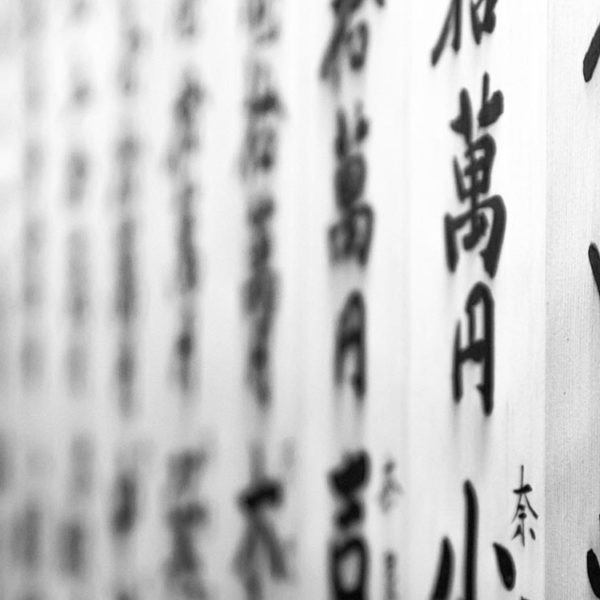 Heritage in Language?Keynote Presentation: Umberto Ansaldo
Heritage in Language?Keynote Presentation: Umberto Ansaldo -
 Surviving and Thriving in the Gendered Waters of Japan: Ten Women’s StoriesKeynote Presentation: Diane Hawley Nagatomo
Surviving and Thriving in the Gendered Waters of Japan: Ten Women’s StoriesKeynote Presentation: Diane Hawley Nagatomo -
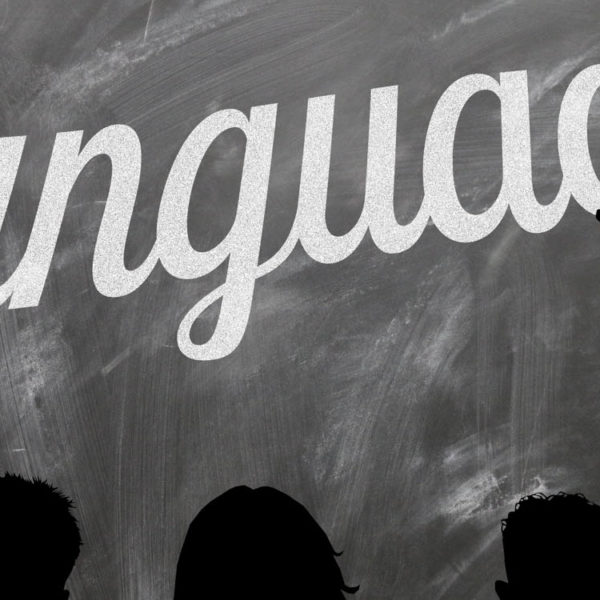 English Language Teaching in Asian ContextsFeatured Presentation: Judy Noguchi
English Language Teaching in Asian ContextsFeatured Presentation: Judy Noguchi -
 Task-based Language Teaching in an English for Business Purposes ProgramFeatured Presentation: Ken Urano
Task-based Language Teaching in an English for Business Purposes ProgramFeatured Presentation: Ken Urano -
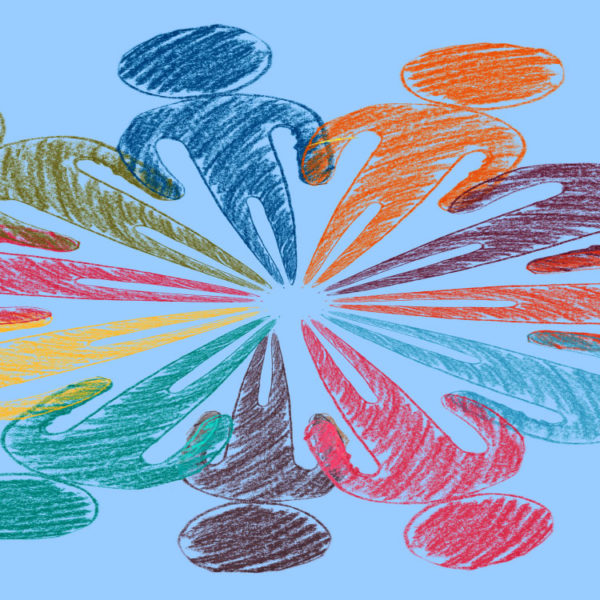 Language Learning in a Time of Complexity and ChangeFeatured Panel Presentation: Jo Mynard, Steve Cornwell & Ted O’Neill
Language Learning in a Time of Complexity and ChangeFeatured Panel Presentation: Jo Mynard, Steve Cornwell & Ted O’Neill -
 Identity and Language Learning in an Unequal Digital WorldVirtual Keynote Presentation: Bonny Norton
Identity and Language Learning in an Unequal Digital WorldVirtual Keynote Presentation: Bonny Norton -
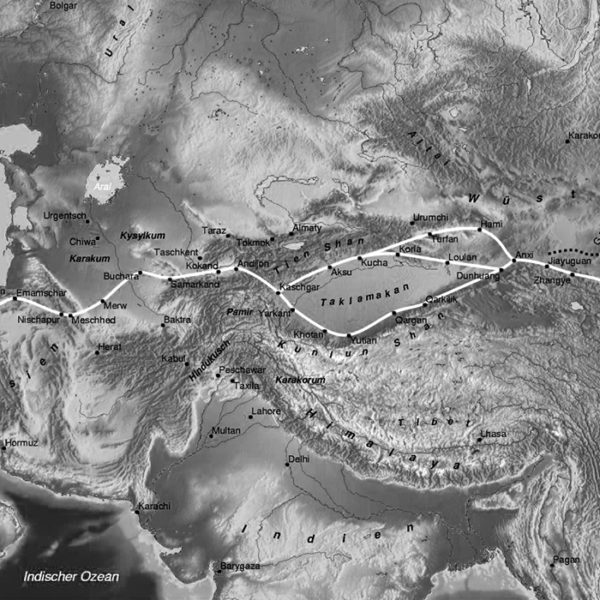 IAFOR Silk Road InitiativeInformation Session
IAFOR Silk Road InitiativeInformation Session -
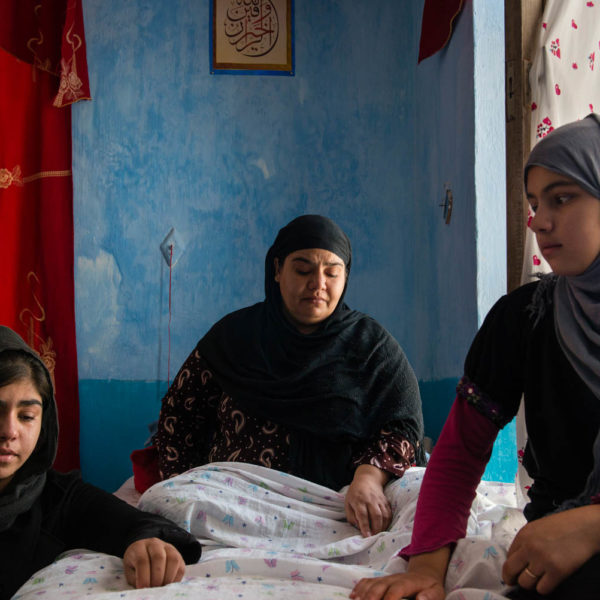 IAFOR Documentary Photography Award 2017Award Winners Screening
IAFOR Documentary Photography Award 2017Award Winners Screening
Speakers
-
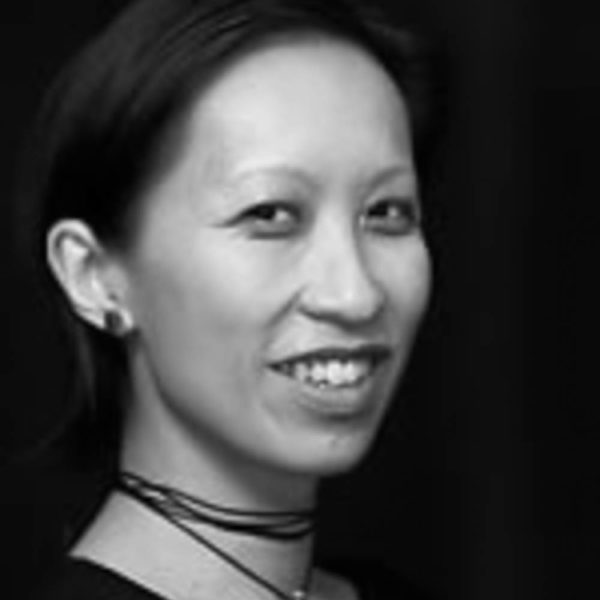 Lisa LimThe University of Hong Kong, Hong Kong
Lisa LimThe University of Hong Kong, Hong Kong -
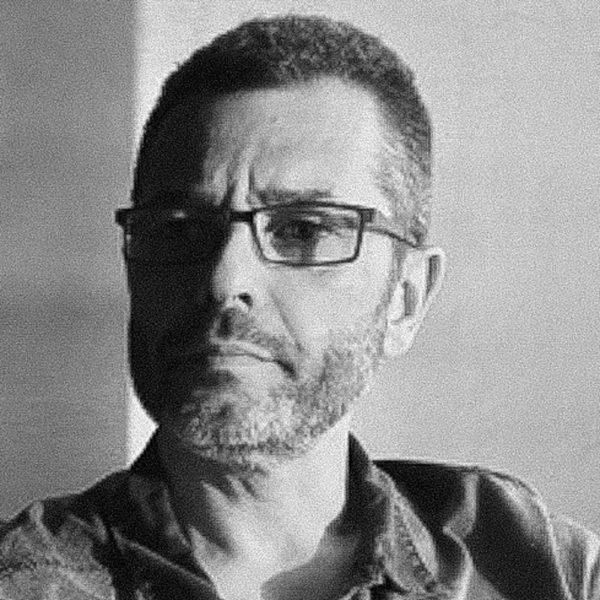 Umberto AnsaldoThe University of Hong Kong, Hong Kong
Umberto AnsaldoThe University of Hong Kong, Hong Kong -
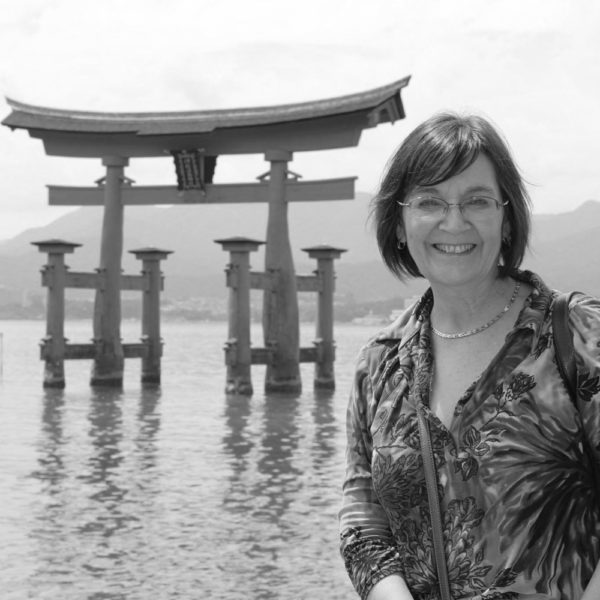 Diane Hawley NagatomoOchanomizu University, Japan
Diane Hawley NagatomoOchanomizu University, Japan -
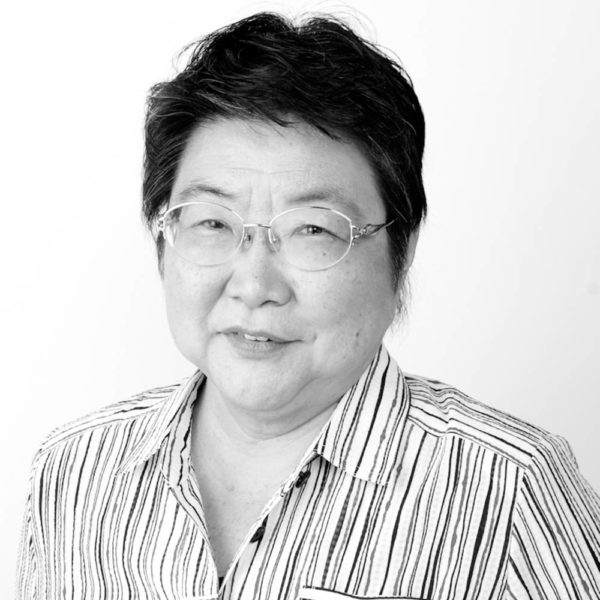 Judy NoguchiKobe Gakuin University, Japan
Judy NoguchiKobe Gakuin University, Japan -
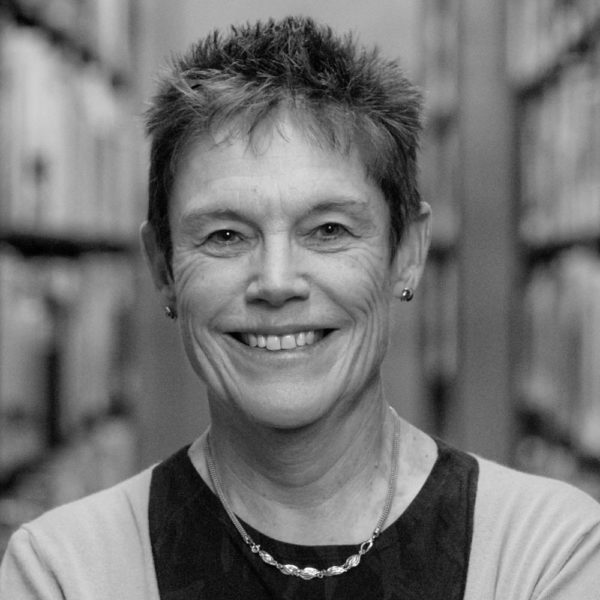 Bonny NortonUniversity of British Columbia, Canada
Bonny NortonUniversity of British Columbia, Canada -
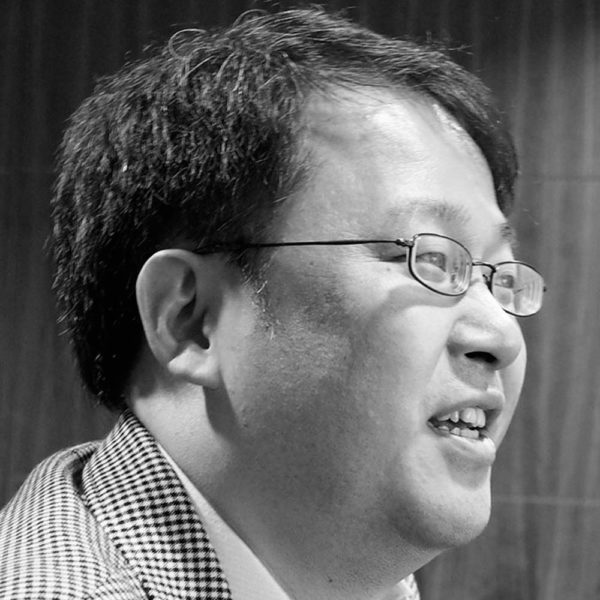 Ken UranoHokkai-Gakuen University, Japan
Ken UranoHokkai-Gakuen University, Japan -
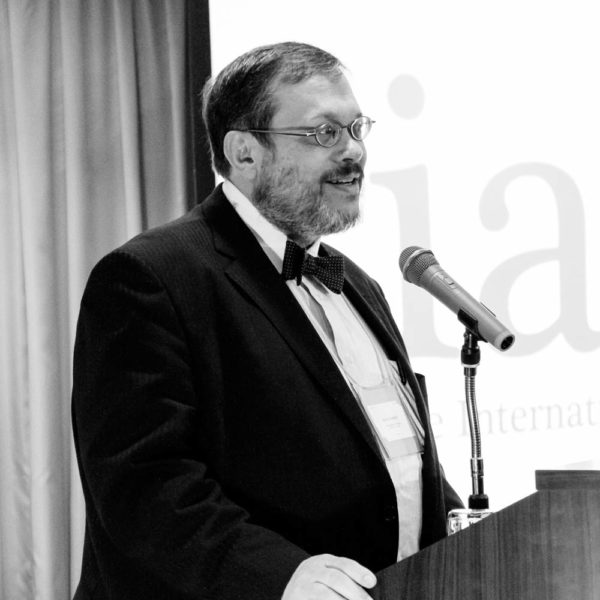 Steve CornwellThe International Academic Forum (IAFOR) & Osaka Jogakuin University, Japan
Steve CornwellThe International Academic Forum (IAFOR) & Osaka Jogakuin University, Japan -
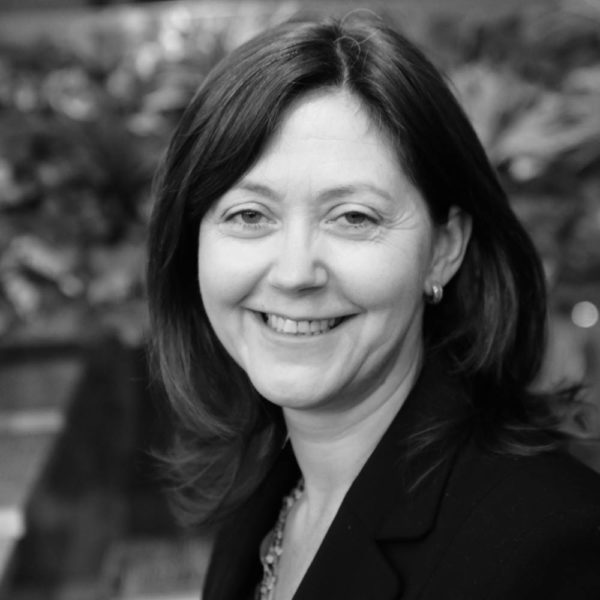 Jo MynardKanda University of International Studies, Japan
Jo MynardKanda University of International Studies, Japan -
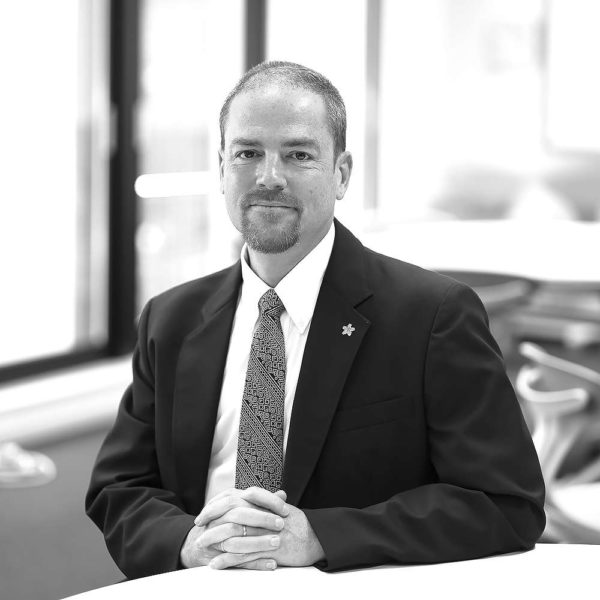 Ted O’NeillGakushuin University, Japan
Ted O’NeillGakushuin University, Japan
Organising Committee
The Conference Programme Committee is composed of distinguished academics who are experts in their fields. Conference Programme Committee members may also be members of IAFOR's International Academic Board. The Organising Committee is responsible for nominating and vetting Keynote and Featured Speakers; developing the conference programme, including special workshops, panels, targeted sessions, and so forth; event outreach and promotion; recommending and attracting future Conference Programme Committee members; working with IAFOR to select PhD students and early career academics for IAFOR-funded grants and scholarships; and overseeing the reviewing of abstracts submitted to the conference.
Review Committee
- Dr Akiko Nagao, Ryukoku University, Japan
- Dr Bin-Bin Yu, Lunghwa University of Science and Technology, Taiwan
- Dr Duc Huu Pham, Vietnam National University, Vietnam
- Dr Dwi Poedjiastutie, Universitas Muhammadiyah Malang, Indonesia
- Dr Hsiu-Ling Hsu, Kun-Shan University, Taiwan
- Dr Lucía Pintado-Gutiérrez, Dublin City University, Ireland
- Dr Manisha Patil, Y.C. Institute of Science, India
- Dr Michele Eduarda Brasil De Sá, University of Brasília, Brazil
- Dr Michinobu Watanabe, Toin Gakuen High School, Japan
- Dr Raees Unnisa, Qassim University, Ministry of Higher Education, Saudi Arabia
- Dr Saadia Elamin, Prince Sultan University, Saudi Arabia
- Dr Teodoro Macaraeg, University of Caloocan City, The Philippines
- Professor Benny Lee, SIM University, Singapore
IAFOR's peer review process, which involves both reciprocal review and the use of Review Committees, is overseen by conference Organising Committee members under the guidance of the Academic Governing Board. Review Committee members are established academics who hold PhDs or other terminal degrees in their fields and who have previous peer review experience.
If you would like to apply to serve on the ACLL2019 Review Committee, please visit our application page.
